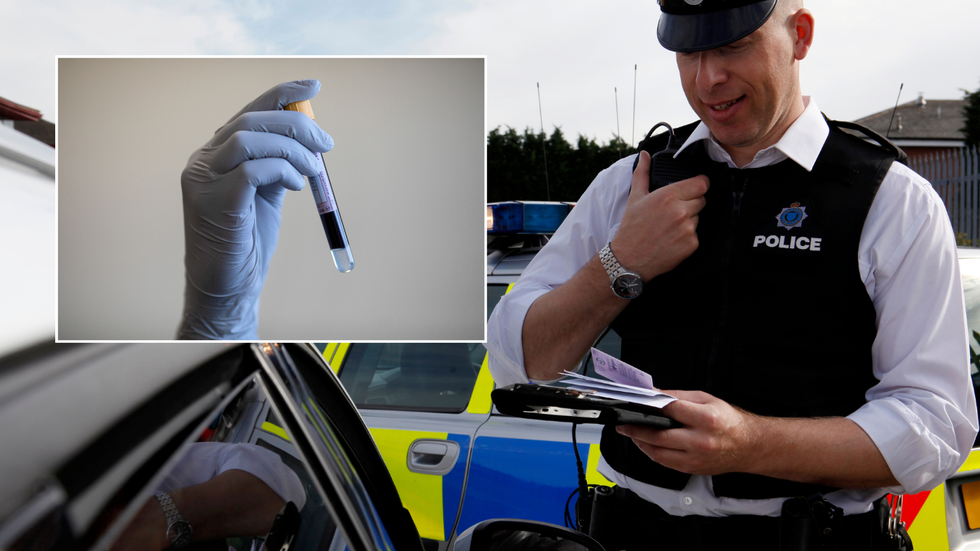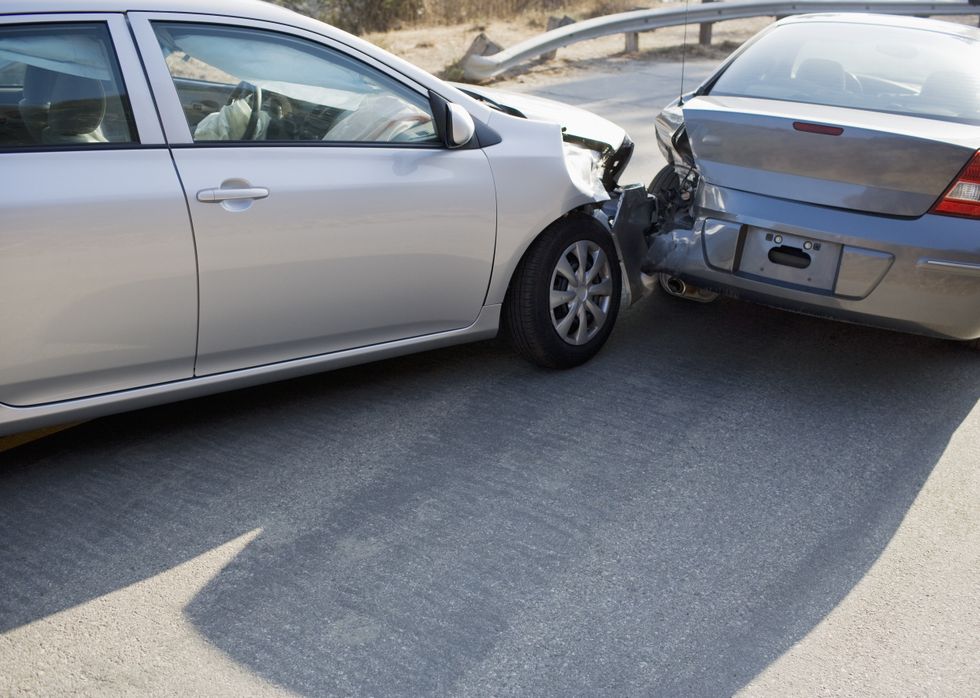New laws could be introduced to provide blood tests for drivers caught in collisions without permission
The Government could introduce changes to laws requiring drivers’ consent for blood tests following fatal road collisions, Commons Leader Lucy Powell has indicated.
The potential legal reform comes after a campaign sparked by the tragic death of six-year-old Sharlotte-Sky Naglis, who was killed by a drunk driver in Stoke in 2021.
Current legislation prevented police at the time from testing the driver’s blood without his consent as he lay in a coma following the crash.
The case has prompted calls to amend section 7A of the Road Traffic Act 1988 to allow blood testing without consent in fatal collision cases.
Do you have a story you’d like to share? Get in touch by emailing motoring@gbnews.uk

Now Powell has suggested that changes to motoring offences could be brought forward to address this legal loophole.
The move follows growing pressure from campaigners who argue the current legislation prevents justice in cases where drivers are incapacitated after causing fatal accidents.
Sharlotte was walking along the pavement with her father when she was struck by drunk driver John Owen. He was found to be two times over the drink-drive limit and had Class A drugs in his system at the time of the collision. He was also using his mobile phone.
He received a sentence of six years and four months, ultimately serving just two-and-a-half years in prison for the fatal crash. Due to current legislation, police were unable to test Owen’s blood for evidence during the 11 weeks he spent in a coma following the accident.
The case highlighted a significant gap in the law’s ability to gather crucial evidence in serious collision investigations where drivers are incapacitated.
In the Commons, Stoke-on-Trent North MP David Williams raised Sharlotte’s case, asking for time to debate the matter. “Would the Leader of the House please make time to debate this important matter in the House?” he asked.
Powell responded: “What a tragic case he raises and many cases like this are raised consistently in the chamber. We are currently considering some possible changes to motoring offences to cover situations like this, and I will ensure that any such changes are brought to this House for an announcement first.”
Sharlotte’s mother Claire has been campaigning tirelessly to amend section 7A of the Road Traffic Act 1988 to allow blood testing without consent in fatal collision cases.
Sharlotte’s mother Claire has been campaigning tirelessly to amend section 7A of the Road Traffic Act 1988 to allow blood testing without consent in fatal collision cases.
The proposed change, known as “Sharlotte’s law,” was previously introduced to Parliament by former Conservative MP Jonathan Gullis as a 10-minute rule motion.
The campaign seeks to ensure police can test blood samples from unconscious drivers when dangerous driving has resulted in loss of life. Claire’s efforts have highlighted how current legislation can impede investigations into fatal collisions, particularly when drivers are incapacitated following crashes.
Section 7A of the Road Traffic Act 1988 allows police to request blood specimens from incapacitated drivers under specific conditions. An officer can ask a medical or healthcare practitioner to take blood from an unconscious person if they were involved in an accident under investigation.
LATEST DEVELOPMENTS:
- Drivers see UK roads slow to 56mph with one major motorway operating at 43mph
- Rachel Reeves car taxes expected to raise billions for Labour with drivers left footing the bill
- Labour insists it will support Blue Badge holders despite huge theft numbers – ‘Appalling’

However, even if a sample is taken, it cannot be tested in a laboratory unless the person has been informed about the sample, asked for permission by police, and given their consent.
Failure to give permission for testing without reasonable excuse is considered an offence under the current law. The legislation specifies that only approved medical or healthcare practitioners can take such samples.

